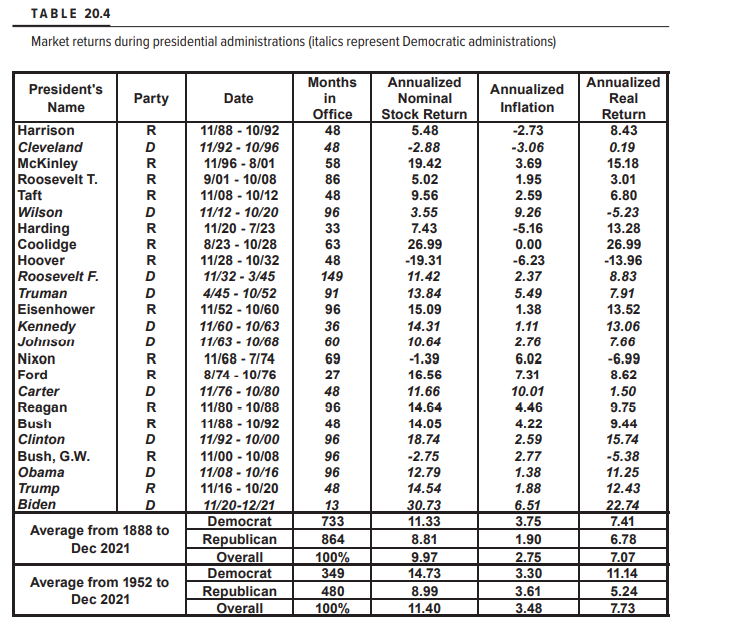My end-of-week morning train WFH reads:
• The rise of the ‘chief remote officer’ While many firms have pivoted to hybrid or remote work in an ad-hoc way, others are creating a new role to oversee their workplace transformation. (BBC)
• Everyone seems to hate daylight saving time. Do we even need it, and why is it so hard to get rid of? Shifting the clocks messes with people’s circadian rhythms — making everyone groggy, cranky and sometimes dangerously off their game. (Grid) see also Rejoice in the End of Daylight Saving Time: It’s the most wonderful day of the year! (The Atlantic) see also When Does Daylight-Saving Time End in 2022? What to Know Before the Clocks Change: Some states are pushing to end clock changes because of growing evidence they hurt people’s health. (Wall Street Journal)
• Revisiting the Case Against Value Investing: This fact that value works better around recessions in and of itself is not necessarily a problem for value. Where the potential problem comes in is in a situation where we have a permanent reduction in the number of recessions. It would be bad for value if it gets much of its outperformance during these periods — and we have had fewer recessions in recent decades. (Validea)
• The First Biodegradable Water Bottle Is Coming, For Real This Time: With backers including James Murdoch and Diplo, Cove says its sustainable water bottle will retail at $2.99 a pop. (Green)
• The Difference Between Amateurs & Professionals. “Amateurs attribute success to skill and failure to luck. Professionals recognize the role of skill and luck in every outcome. They focus on the controllable factors. They create an environment where luck is more likely to strike.” (Curiosity Chronicle)
• ‘He is poised to open the floodgates’: can Twitter survive Elon Musk – or even thrive? Since buying it, the billionaire has wasted no time shaking up the struggling social media firm, cutting staff and introducing fees. But can he make the platform matter again – or will it become a hellscape of hateful content and misinformation? (The Guardian)
• Will we ever… live in city-sized buildings? The cities of science fiction are frequently portrayed as all-encompassing and self-contained structures, but how feasible is it build a colossal city in a building? (BBC)
• The US Midterms Will Decide If the 2024 Election Can Be Stolen: Republican candidates on the ballot around the country who deny Joe Biden Won in 2020 are pushing changes to election laws that would make it easier to dispute the results in the next presidential election (Bloomberg)
• The Universe Is Not Locally Real, and the Physics Nobel Prize Winners Proved It: Elegant experiments with entangled light have laid bare a profound mystery at the heart of reality. (Scientific American)
• The Too-Muchness of Bono: In Dublin with the irrepressible U2. (The Atlantic) see also Bono Is Still Trying to Figure Out U2 and Himself (New York Times)
Be sure to check out our Masters in Business interview this weekend with financial historian Edward Chancellor. He is currently a columnist for Reuters Breakingviews and an occasional contributor to the Wall Street Journal and MoneyWeek. In 2008, he received the George Polk Award for financial reporting. Chancellor is the author of “Devil Take the Hindmost: A History of Financial Speculation.” His new book “The Price of Time: The Real Story of Interest” is a nominee for FT’s 2022 Business Book of the Year.
Stocks for the Long Run: Updated performance #s of the markets under Democrats and Republicans.

Source: @JeremyDSchwartz
Sign up for our reads-only mailing list here.

